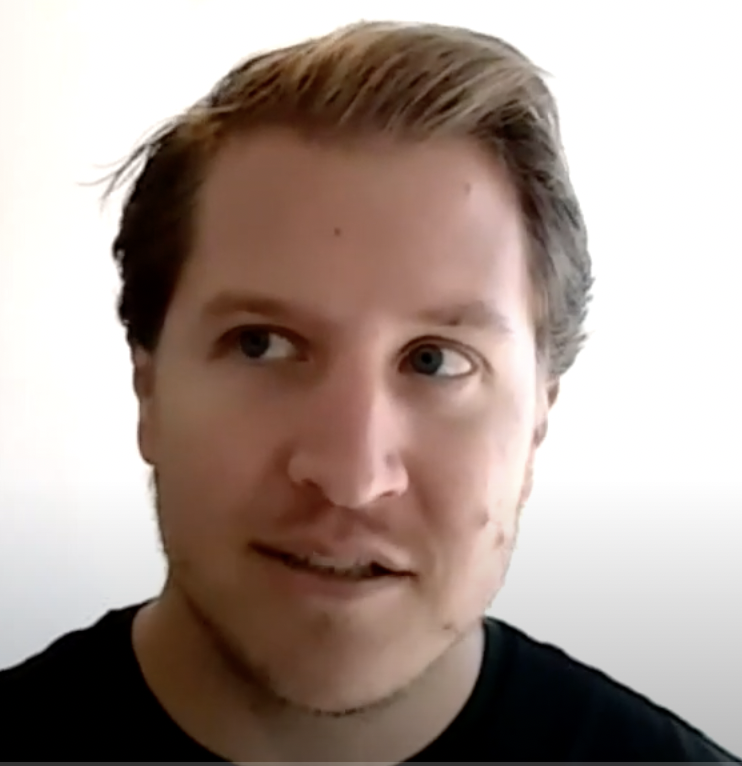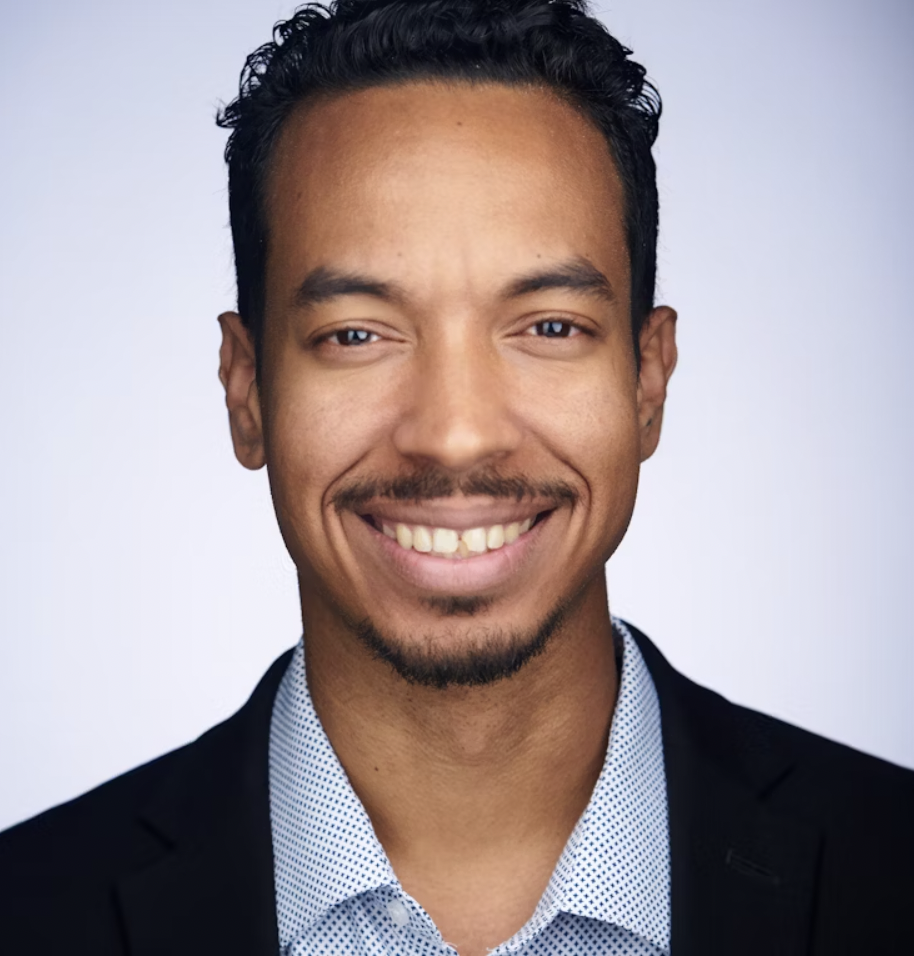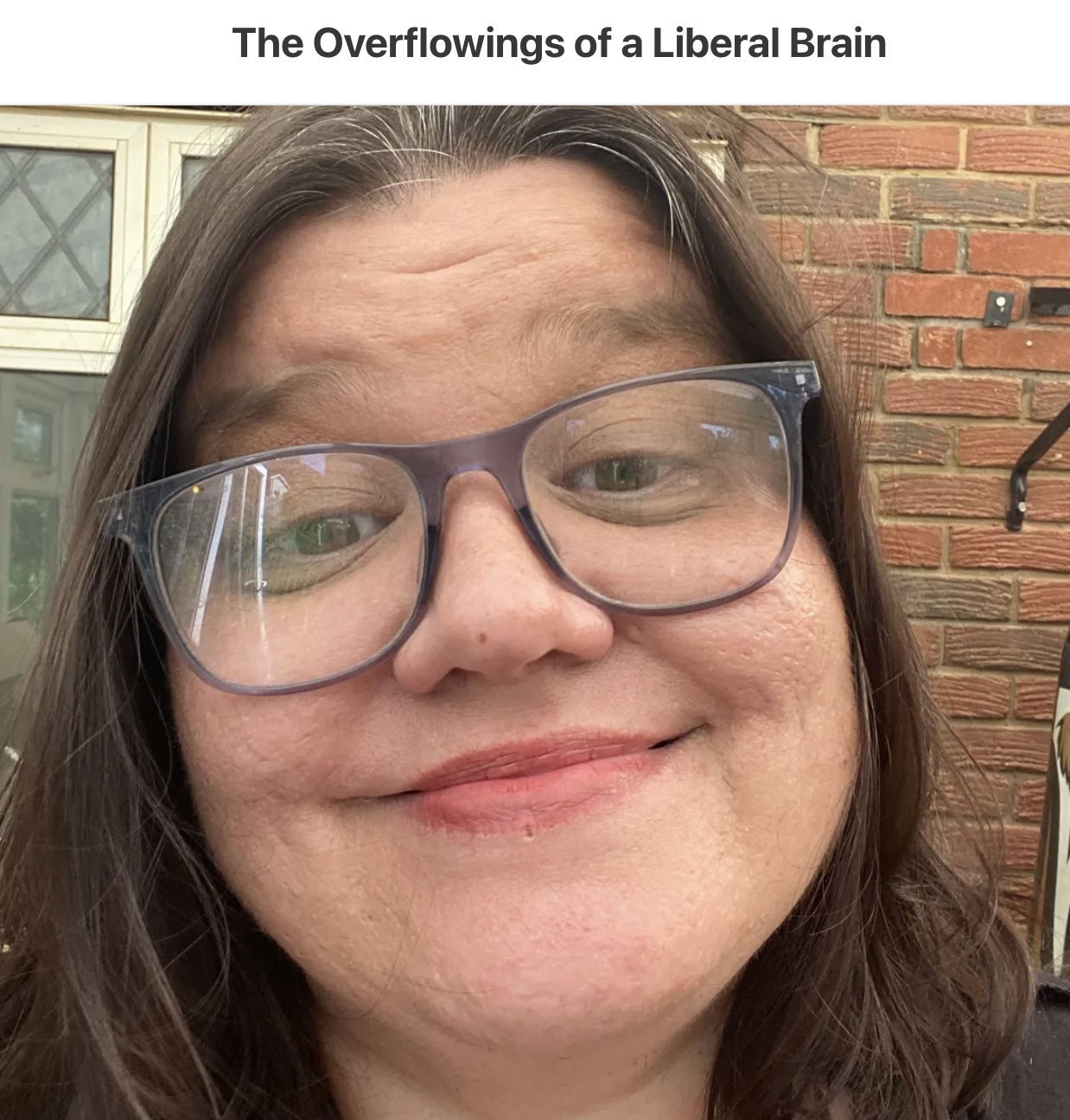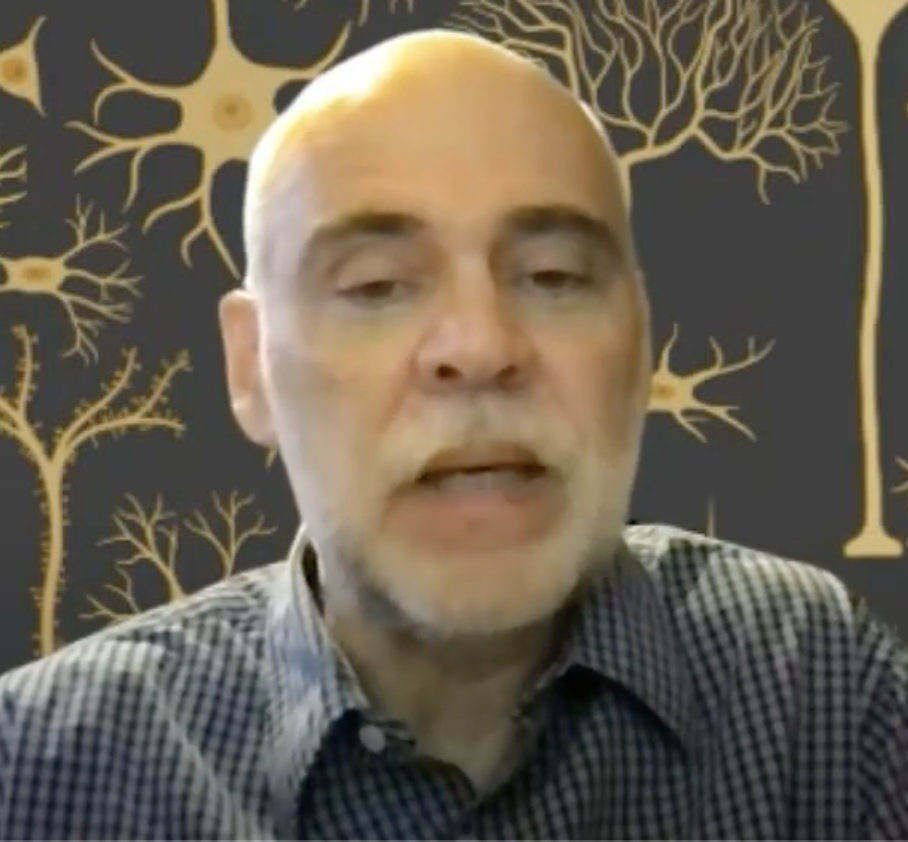2024 Sep 15 | News
Announcements:
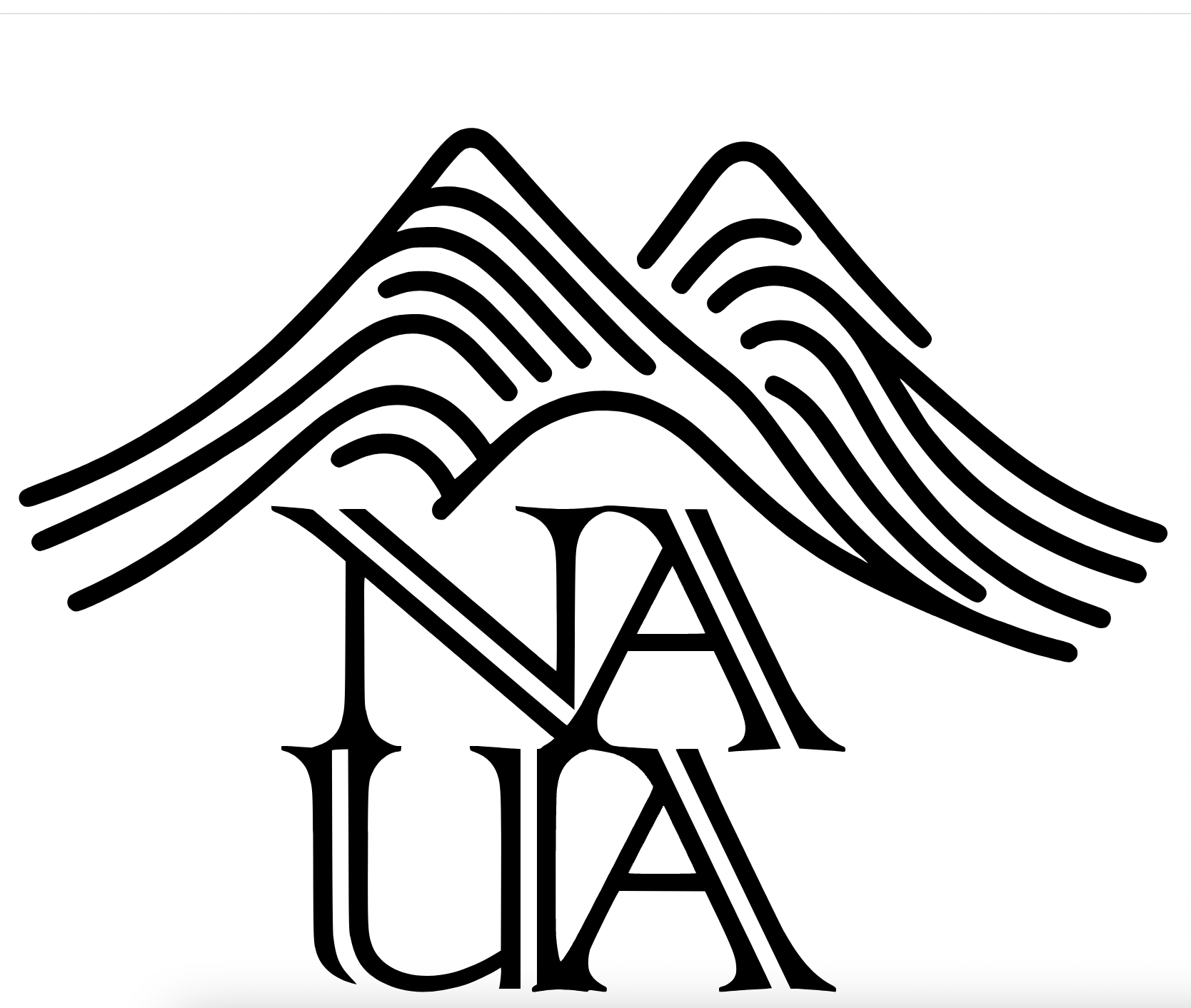
First Annual Yearly NAUA Summit – Register Now!
We have over 110 members registered (about half online) for our first Yearly Summit. The summit will be on the weekend of October 17 to 20, 2024 in Spokane, WA. and all sessions will be shared on Zoom. We hope the Summit will serve all our needs for connection, learning and fun.
Unfortunately and mysteriously, our keynote speaker Stephan Hassan – author of The Cult of Trump, has suddenly refused to present to our conference. We are confident an engaging key note speaker will soon be announced for our historic first Summit.
Find the tentative Summit Schedule, registration and accommodation details on the NAUnitarians .org web site or directly at https://naunitarians.org/summit/.

NAUA CIRCLES News
Another new CIRCLE forming!
*** This new MEET & GREET CIRCLE will gather on Wednesday at 4PM (Pacific) for 4 consecutive weeks. This CIRCLE will allow members the opportunity to get to know other members and their respective life stories. At the conclusion, members will decide whether they would like to continue, and if so, the theme and frequency of future meetings. For this CIRCLE we would like to limit it to members who have not participated in earlier CIRCLES. A launch date has not been set yet.
If you would like to participate, kindly send an email to circles@naunitarians.org with WEDNESDAY CIRCLE in the subject line of the email and we will respond promptly.
Re-launching Mark Reimers’ FORUM CIRCLE on September 22nd
*** We have a limited number of spots open.
We are preparing to re-launch Forum Circle, focusing on different topics each week of wide concern and some controversy. Mark will start with “Can Brain Science Help Us Finf A Spiritual Path” and “What Can We Learn From Native Americans Societies About Saving Our Democracy” This CIRCLE will be led again by Dr. Mark Reimers, who is a quantitative neuroscientist. His research aims to uncover how dynamic brain activity gives rise to thoughts and feelings. Dr. Reimers was the leader of the Richmond Humanists in Virginia for five years, and now leads the UU Forum in Lansing, MI, and speaks frequently at humanist and science outreach events in Michigan.
FORUM CIRCLE will meet every Sunday at 4 pm Eastern (1 pm Pacific) Readings on the topic selected will be sent to all the people in the CIRCLE a few days in advance.
If you would like to participate, kindly send an email to circles@naunitarians.org with FORUM CIRCLE in the subject line of the email and we will acknowledge receipt.
Other CIRCLE News
The Spiritual CIRCLE, led by David Markham, is at capacity and has begun meeting every other Thursday.
The original Tuesday and Saturday Conversational CIRCLES have elected to continue meeting twice a month and may take additional members from time to time.
A SEVEN PRINCIPLES CIRCLE is in the planning stages. Contact circles@naunitarians.org with 7thPCIRCLE in the subject line if you have an interest in leading or participating in this CIRCLE.
September’s NAUA events include:
September NAUA Academy Session – Monday Sept.16 2024 at 4:30 PDT (7:30 EDT)
The Evolution of Humanism
Featuring Dr. Mark Riemers
The roots of humanism lie in ancient wisdom literature, which reflected on justice, fate and the life well-lived. The Renaissance Humanists rediscovered that literature and advocated for the values of human life, especially clear thought, eloquence, and civic engagement. In the early twentieth century a group of Unitarian ministers advocated a liberal Christianity without a deity as the natural next stage of human evolution, and they claimed the name ‘humanism’ for their movement; but a century of wars and ongoing crises have undermined their confident dream of Progress.
In the twenty-first century a new humanism integrates biology and behavioral science into a more pragmatic appraisal of the possibilities and hopes of human life.
How have these various humanisms addressed the perennial concerns of human life: love, meaning, morality, work, and death? What is humanism now? How will humanism evolve to address the challenges of our stone-age minds in a technological age?
Please note that you Must Register for the session to have the Zoom URL emailed to you.
When Monday Sept.16 2024 at 4:30 PDT (7:30 EDT).
The presentation features a guest speaker, a question and answer and then a smart breakout group.
All Are welcomed!
Register Now
Download iCalendar entry for this event. Add event to Google Calendar
Monthly NAUA Community Worship Service –
This monthly service includes Chalice Lighting, Hymns, guest music and an very interesting guest speaker – Julian Adorney.
Julian Adorney is the founder of Heal the West, a Substack movement dedicated to preserving and repairing our liberal social contract. https://healthewest.substack.com/ . He is also a contributor to Reality’s Last Stand. On his vision, he writes, “The North Star of my life is to heal the West. I perceive 3 existential threats: left-wing illiberalism, right-wing illiberalism, and toxic polarization.” He will be the speaker at our September NAUA service.
When: Sept. 20th, 2024 10:00 AM
Service starts at 10:00 PDT (1:00 PM EDT)
Zoom link: https://tinyurl.com/NAUAService
A suggestion is to cut and paste this Zoom link (that will be used for this and other recurring 3rd Sat. services) into your calendar to avoid scrambling to find the address on Saturday morning!
NAUA Book Club Invitation
You are invited to join the NAUA book club which reads books chosen by members and meets by Zoom on the 4th Thursday of each month. This month on Wed. Sept 26 at 5:00 PM PDT (8:00 PM EDT)
This month features a discussion of The End of Race Politics: Arguments for a color blind America Coleman Hughes
The club is open to all so please invite a friend.
When September 26th, 2024 from 5:00 PM to 6:30 PM
For more details and to join the Book Club mailing list contact Ed Hudak at bookclub@naunitarians.org
Monthly Ministers’ Support Group
On the fourth Thursday of each month, NAUA ministers and ministerial friends attend a regular meeting meant to foster support, collegiality, and learning. Periodically, there are also longer ministerial gatherings that include unique programs and professional development. It is important that members of this group maintain confidentiality and anonymity. If you are a Minister and would like to explore or join this group, please email info@naunitarians.org
Thursday, Sept 26, 2024 from 10:00 AM to 11:00 AM Pacific Time, (1:00-2:00 PM Eastern Time).
Follow NAUA on Social Media
In addition to all latest NAUA news, program information in Liberal Beacon, and our online video archive of past events (available at www.naunitarians.org), we are now posting “news” items to a variety of sources, including X (formally Twitter) at https://twitter.com/NAUnitarians
And on Meta (Facebook) at: https://www.facebook.com/profile.php?id=61553146776020 If you have news items you think might be of interest to other Unitarians, please share it (along with a photo, if possible) to web@naunitarians.org
We hope to “SEE YOU” at these events.
Please let us know if you have any questions, suggestions or wish to contribute to NAUA programs by sending an e-mail to: info@naunitarians.org


